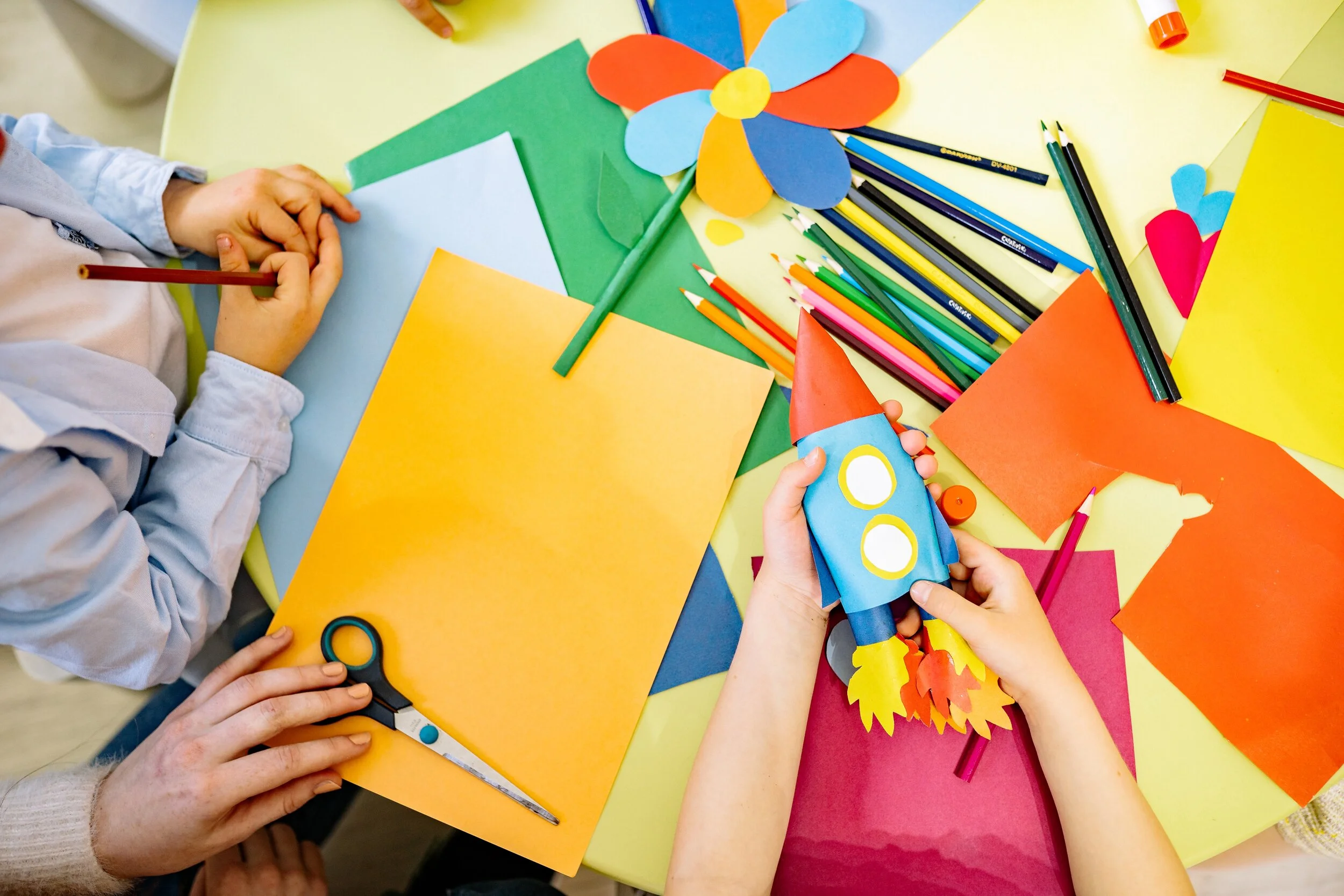Depression can impact anyone for a multitude of reasons. There is a lot of research into the cause of depression and there is not just one clear answer. There could be multiple reasons as to why you feel depressive symptoms. These causes can be broken down into two main categories that include biological factors and environmental factors. It is possible that you have one or both of these factors impacting your mood. Below I will discuss what falls under these two categories in detail.
Your pre-teen and teenage years are filled with time of exploring the world and how you fit in it. Identity becomes a huge topic of exploration for most teens. Your teen may be contemplating anything from as simple as their future career goals up to their gender identity or sexual orientation. This is typically a time that you may find your teen to come out to you by identifying as being a part of the LGBTQ+ community. As a parent, no matter how accepting you are, this may come as a surprise to you and it may take some time to process. Once you have processed this new information, you can then take some extra steps to support your teen as they navigate their new identity and grow into an adult.
After 2 months of experiencing stay-at-home orders, you may start to find yourself feeling not your normal self. A lot of people feel alone in how they are experiencing the impact of the global pandemic of the spread of COVID-19. While everyone does have a different life experience, we are all experiencing this trauma together. This is an event that is different than anything we have ever gone through before since it is an ongoing situation that is impacting everyone drastically. You may have experienced a loss in your job, a loved one, or you are isolated from others. Parents have become home school teachers while trying to continue to maintain their own jobs if possible. This is a time to survive and not to thrive. It is okay to not feel your best self or your most productive right now. Below are some things that you may feel during this pandemic that are completely normal to experience at this time and some ways how to help yourself.
Millions of people experience anxiety and/or depression in their lifetime. Due to the spread of COVID-19, we have been physically isolated from others. This has caused a spike in mental health issues such as anxiety and depression. In addition to these increasing symptoms of anxiety and depression, you are expected to work your full-time job from home (if you are lucky enough that your job allows you to make this transition). It has become difficult to manage your mental health along with this major adjustment of working from home. Below I will go through realistic tips on how you can manage working from home if you are also experiencing any level of anxiety and/or depression.
Hoboken, along with the states of New Jersey and New York, has been doing a great job in taking the lead in the country with rules around self-isolation and staying at home. However, this self-isolation is going to have a huge impact on everyone’s mental health as it is projected to continue longer than one month. It is important to look out for signs of depression, anxiety, increased disordered eating behaviors, OCD, and substance abuse at this time. Please remember that you are doing Hoboken, or your community, an amazing service by staying inside. But as you practice this self-isolation, you will most likely see a decline in your mental health. It is really important to take care of your mental health (more than ever!) during this time. Below are some ways in which you can do just that.
Due to the spread of the covid-19 virus, we have transitioned to telehealth sessions only until it is safe to go back to in-person sessions. most mental health professionals and other businesses are making the shift to work from home to stop the spread of the coronavirus. luckily mental health has always been effective through telehealth sessions. research actually shows that telehealth sessions are just as beneficial as in-person sessions. at anchor therapy, we want to help flatten the curve as much as possible so that our hospitals hopefully do not get overrun. below is all the information you need to know about telehealth for mental health therapy sessions.
The school year is in full swing and a lot of students are starting to feel the pressure of their school work weigh on them. School anxiety is very common for students who put a lot of pressure on themselves to do things perfectly. When they do not feel like they are doing things perfectly, they can get stuck in one place. They then start to over analyze and perfect everything. Since there is no such thing as perfection, these students usually start to fall behind in their school work. Usually being behind in school work will increase anxious feelings and then this cycle continues throughout the school year.






























